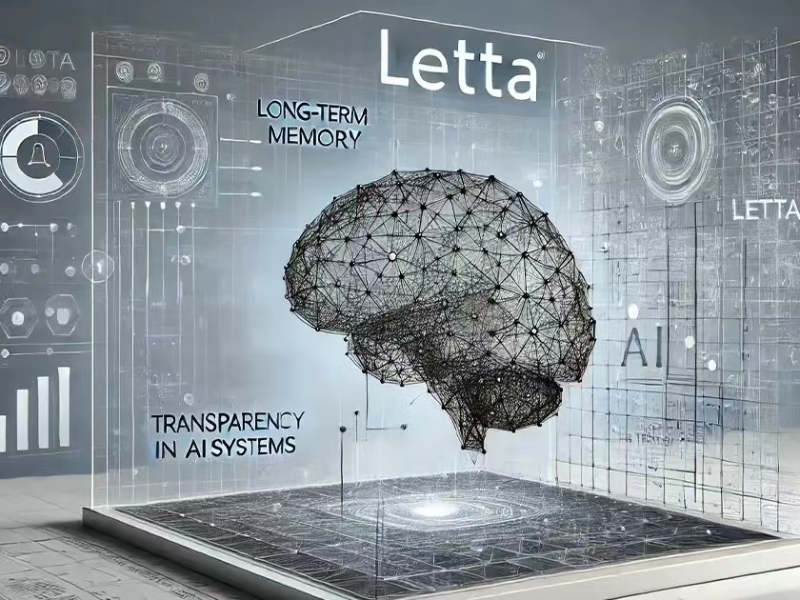- Letta, a startup from UC Berkeley’s labs, has emerged from stealth mode with technology that enables AI models to remember users and conversations, securing $10 million in seed funding.
- The company’s product, Letta Cloud, is a hosted agent service that allows developers to deploy stateful AI agents in the cloud, and it competes with other AI infrastructure providers while emphasizing its open-source approach.
OUR TAKE
Letta, an AI startup from UC Berkeley, has launched with technology that helps AI models remember users and conversations, securing $10 million in seed funding and positioning itself as an open-source alternative to established players like OpenAI in the AI agent infrastructure space.
-Rae Li, BTW reporter
What happened
Letta, an AI startup from UC Berkeley, has officially launched with a focus on enhancing AI memory capabilities, allowing models to remember users and conversations. This addresses a key limitation of current AI models, which are typically stateless. The company’s technology, derived from the open-source MemGPT project, has already gained attention and secured $10 million in seed funding. Letta’s approach is designed to enable more personalized and effective AI applications, such as customer service bots and healthcare symptom-tracking tools.
The startup’s whitepaper on MemGPT gained unexpected viral attention on Hacker News before its official release, highlighting the high interest in their technology. Letta is now accepting beta users for its Letta Cloud service, which will offer developers a way to deploy stateful AI agents in the cloud. The company is positioning itself as an open-source alternative to proprietary AI solutions, emphasizing the importance of transparency and the ability to understand and modify AI models for reliability and customization.
Also read: AI startups ramp up lobbying efforts to shape future policy
Also read: SoftBank joins $130M fund to boost AI startups
Why it’s important
Letta’s emergence from stealth mode is significant because it addresses a critical gap in current AI technology, particularly in the realm of large language models (LLMs) like ChatGPT, which are inherently stateless. This means they lack the ability to retain and recall information from previous interactions, which is essential for creating AI applications that can learn and adapt over time. By enabling AI models to remember users and conversations, Letta’s technology can greatly enhance the personalization and effectiveness of AI agents across various industries, from customer service to healthcare. This advancement could lead to more sophisticated and user-friendly AI applications that can provide more accurate and context-aware responses, ultimately improving user experiences and operational efficiencies.
The importance of Letta’s work is further underscored by its commitment to open-source technology and the broader implications for the AI industry. By releasing MemGPT as an open-source project, Letta is promoting transparency and community-driven innovation, which contrasts with the proprietary approaches of larger companies like OpenAI. This open-source philosophy not only democratizes access to cutting-edge AI technology but also empowers developers to understand, modify, and improve AI models, which is crucial for creating reliable and trustworthy AI applications. Additionally, Letta’s approach could foster a more collaborative environment within the AI community, potentially accelerating advancements in AI and addressing concerns around the “black box” nature of some AI systems.

